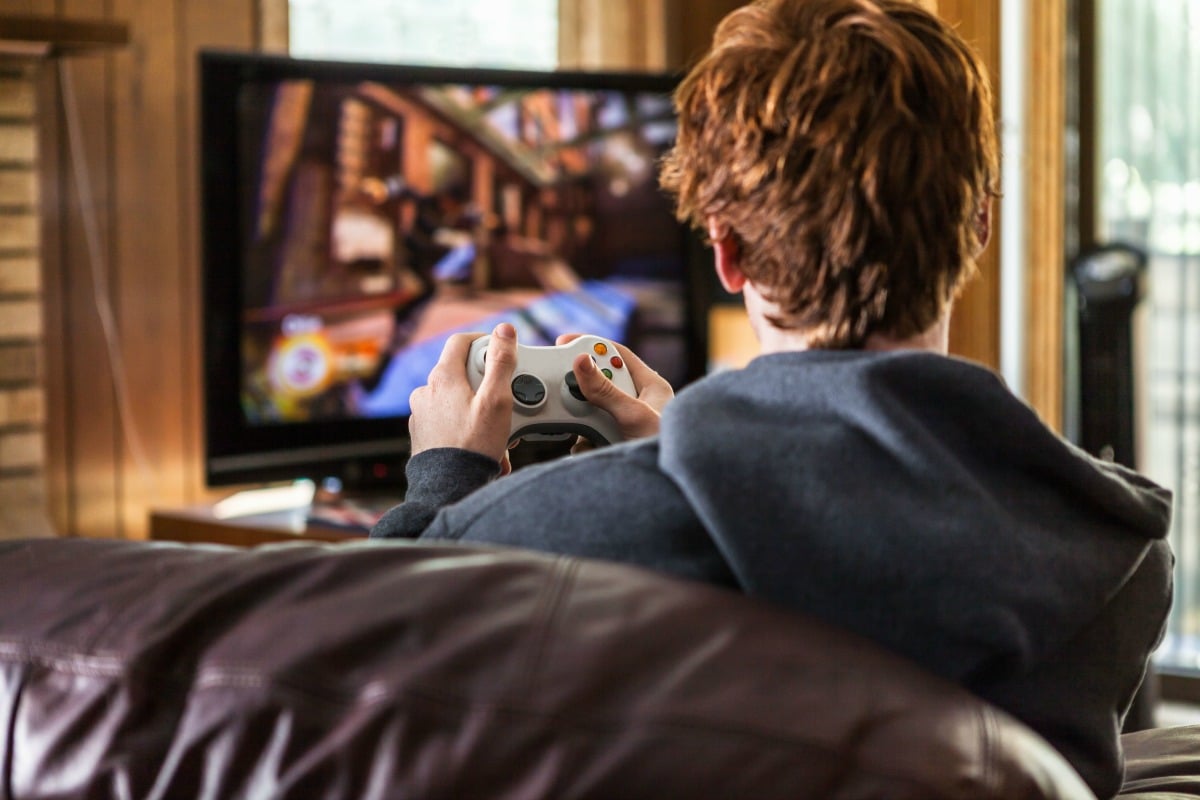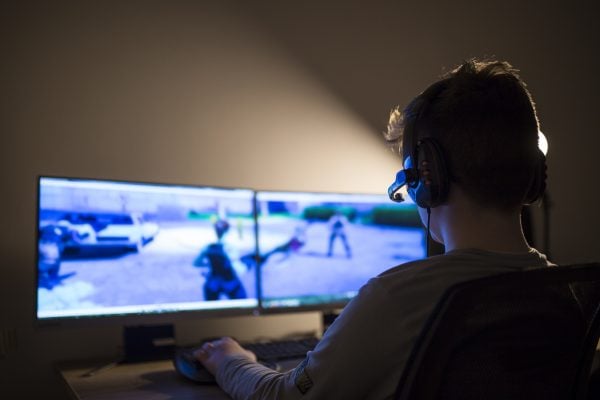
The teenage brain is the perfect breeding ground for addiction.
For any kind of addiction, the mechanism is the same.
The stimuli provides an oversupply of dopamine which pushes the set point for dopamine in the brain up and up and up.
This opens the brain up like a gateway – allowing other potential addictions to also weasel their way in.
The problem is, as the dopamine rises so does the brain owner’s levels of anxiety and depression.
Not only that – it degrades the brain owner’s impulse control ability and the ability to make rational thoughts.
Let’s round that out with the fact that when you’re a teenager, your brain is still being built and so addiction is hardwired into your brain mechanisms, making you more inclined to remain addicted, or be easily addicted forever.
This description is a summary of how David Gillespie, the author of Teen Brain, described to The Quicky what gaming addiction is.
Listen to the episode here. Post continues after podcast.
Gaming addiction has just been added to the World Health Organisation’s list of recognised disorders, and it looks like in time social media addiction will also be added to that list.
When we think about addiction – alcohol, drugs, and smoking come to mind.
But gaming addiction is very, very real, and in Gillespie’s eyes it’s “danger porn,” especially for teenage boys.
“All teenagers are more susceptible to addictions of any kind because of the way the teenage brain is set up, where a breaking system to stop them getting addicted to things is turned off for the duration of adolescence.
“In particular boys are more susceptible to games because they are set up to take advantage of the fact boys lack impulsive control because of the high levels of testosterone in their adolescence,” he explained to The Quicky.


Top Comments
If you can control your "addiction", is it really an addiction? It seems absolutely ridiculous to suggest that a kid who plays video games once a month is addicted. What about people who like to have a drink with dinner on a Saturday night? Are they alcoholics? What about a person who indulges in fast food once a month? Are they also addicted?
I'm not denying that some people have an issue with addiction to social media or gaming but Gillespie's comments read like hysteria to me.